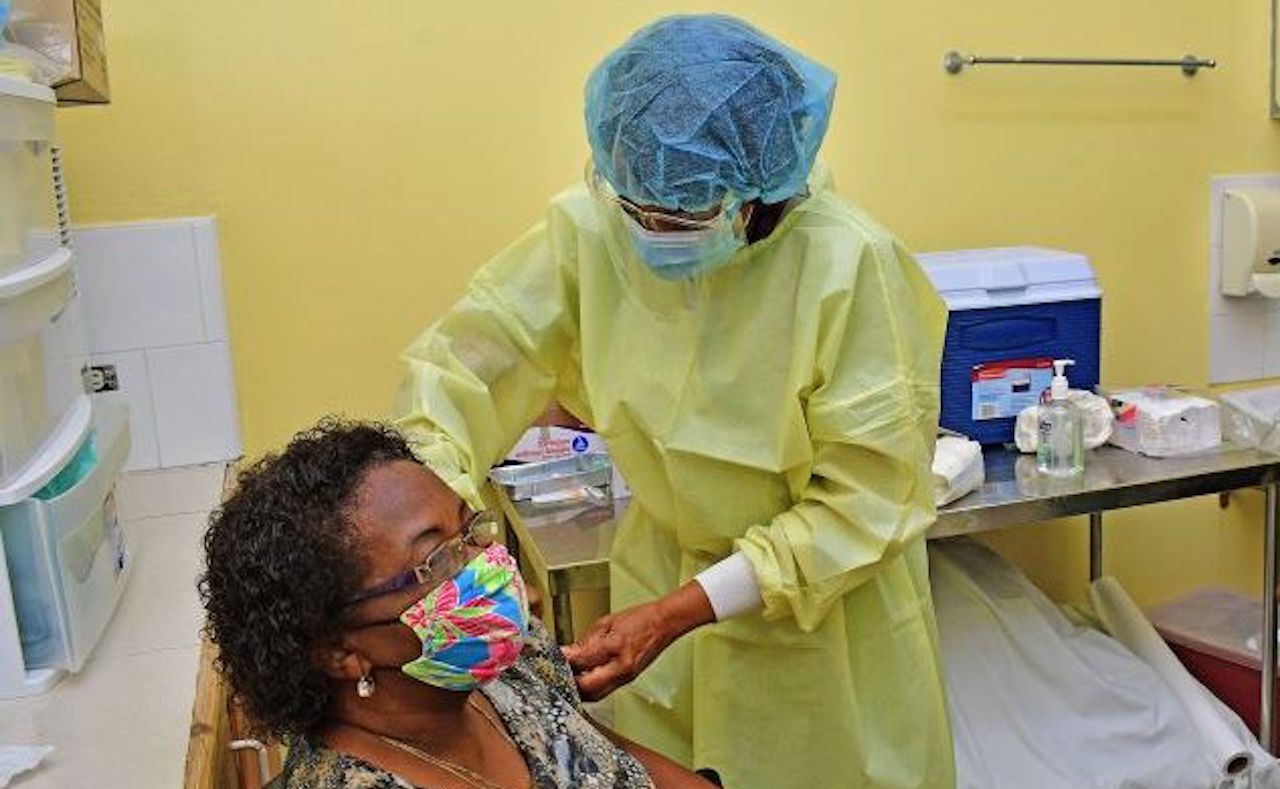Barbados, like most countries across the world, has navigated the unpredictable twists and turns of the COVID-19 pandemic for the past two years.
We have not escaped unscathed from this microscopic enemy which has claimed the lives of 541 citizens as of August 29 and caused over 100,000 infections here.
In exchange for all the upheaval of our lives, we hopefully have learned lessons in resilience and preparation for the inevitable arrival of the next virus.
In spite of pandemic fatigue, the majority of Barbadians have stepped up to take care of themselves and each other during these uncertain times. While there have been mishaps and stumbles, and although some couldn’t have cared less for fellow citizens, we have made the most of the changes thrust upon us.
Now like the rest of the world, Barbados has been forced to shift its focus from the pandemic to tackling the negative fallout triggered by Russia’s invasion of Ukraine, with supply chain challenges and the spiralling cost of food and fuel. Again, we have been gradually moving towards the so-called new normal.
Earlier this month, we dropped our requirement for unvaccinated travellers to take a test or to quarantine on arrival. The unvaccinated can enter by showing proof of a negative PCR or antigen test taken between one and three days prior to arrival.
From Monday, we dropped the three-feet distancing rule from the COVID-19 protocols, but mask-wearing remains in place.
Indeed, we have come a long way, but it’s clear that this new normal will be different.
Chief Medical Officer The Most Honourable Dr Kenneth George has reasonably insisted the island cannot continue as before.
“With respect to moving forward, you can’t use an environment of fear or restrictions to combat a respiratory disease,” he said. “Therefore, when we say we have removed the three-feet requirement, we are putting the onus on the Barbadian public, with respect to responsibility and to be taking care of themselves.”
It is a responsibility that should not be taken lightly.
A virus that has claimed more than one million lives worldwide so far this year has long demonstrated that it is not to be trifled with.
A major concern remains our elderly. In recent weeks, there has been a noticeable spike in deaths among this vulnerable group.
According to the CMO, the latest data showed that 85 per cent of deaths associated with the virus were of people 70 years or older.
He told reporters last week: “It’s happening very often and I’m very concerned about it.
“So while we relax protocols, on one hand, I’m again appealing to the public particularly when you have older persons in a household you pay attention to them.”
The message is clear. While we get on with the business of living, restraint is still required to help protect those who stand to suffer most from reckless actions.
Our challenge will be to locate a new balance in how we live, play, and work in a still uncertain environment.
We can start by not falling back into complacency and inaction as we are often prone to do.
For health authorities, while stressing the need for people to take personal responsibility for their health, a hands-off approach will not help to keep the virus at bay. The removal of lockdowns, curfews and distancing rules is reasonable but officials must remain engaged in sending the right messaging to the public.
Apart from acting responsibly, citizens should get vaccinated as soon as they are able, and stick to the fundamentals that we know work: practise good hygiene, including hand-sanitising.
Masks remain an most important tool for controlling the spread of the coronavirus. We must also socialise safely.
In the meantime, the government must continue to maintain vigilance, follow the science and invest in therapeutic medications and standards of care that have been proven to minimise hospitalisation and make death nearly impossible.




